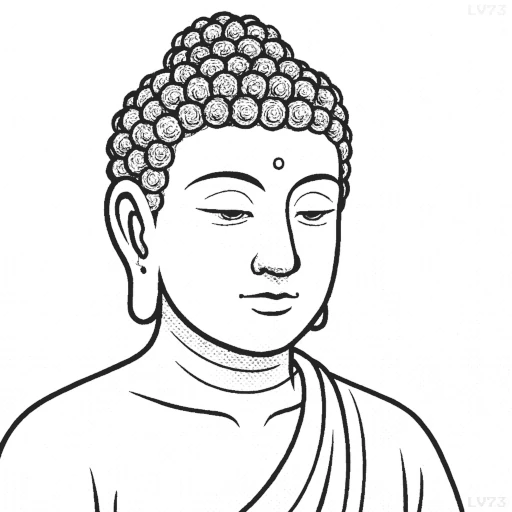“Without health life is not life; it is only a state of langour and suffering – an image of death.”

- 7th century BC to 5th century BC
- Indian
- Religious leader, thinker
table of contents
Quote
“Without health life is not life; it is only a state of langour and suffering – an image of death.”
Explanation
This quote emphasizes the vital importance of health to a meaningful and fulfilling life. Without physical and mental well-being, life becomes a mere existence, marked by suffering and weakness, rather than the vibrancy and joy that come with good health. The quote compares a life without health to an image of death, underscoring how central health is to experiencing the full richness of life. It speaks to the idea that health is the foundation upon which all other aspects of life—such as happiness, achievement, and relationships—are built.
In the modern world, where many face stress, poor lifestyle choices, or health challenges, this message serves as a reminder to prioritize physical and mental health. Maintaining healthy habits such as exercise, balanced nutrition, and mental wellness practices can enable individuals to live life more fully. For example, someone who takes care of their health by engaging in regular physical activity and mindful practices may experience more energy, clarity, and vitality, all of which enrich their daily experiences.
Historically, Buddha placed great importance on the balance between body and mind. He taught that health, particularly mental clarity and emotional balance, was crucial in the pursuit of enlightenment. Only when one is in good health can they fully engage with life and cultivate the wisdom and compassion needed to transcend suffering. By nurturing our health, we honor our ability to live fully and meaningfully.
Would you like to share your impressions or related stories about this quote in the comments section?




